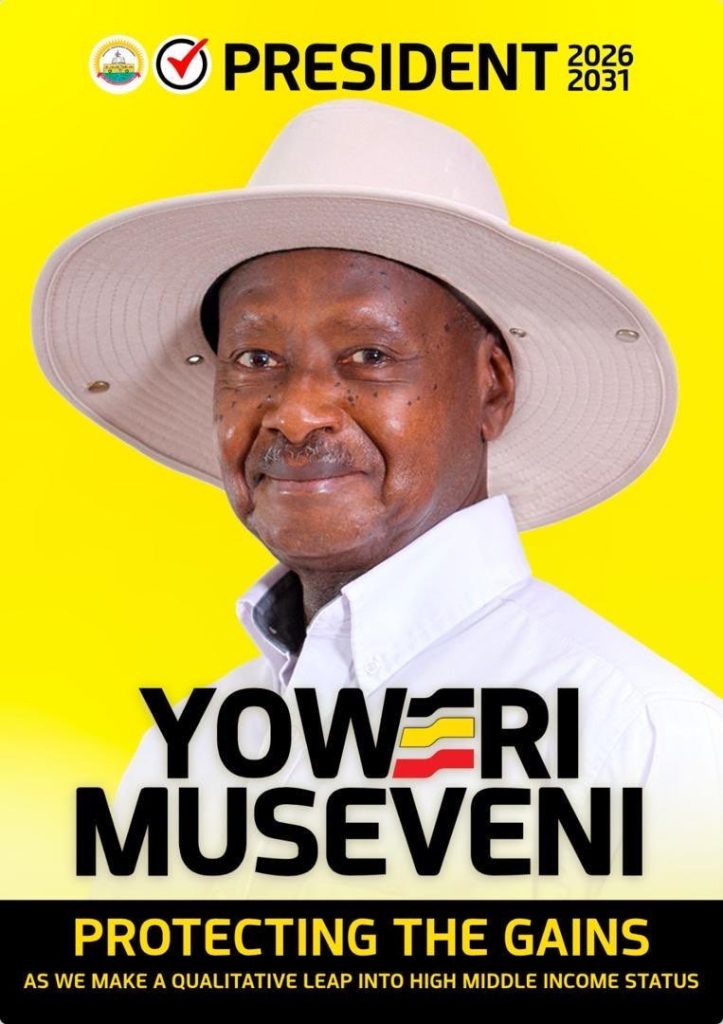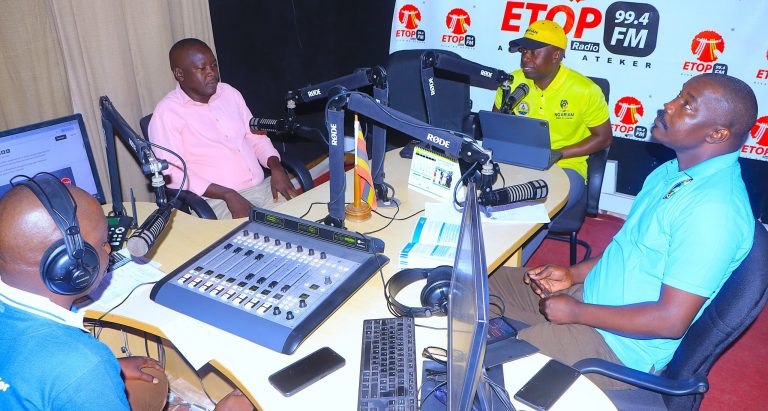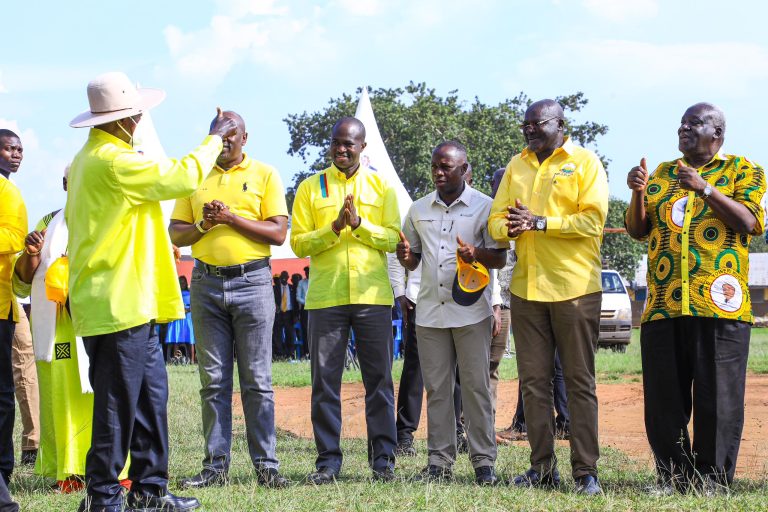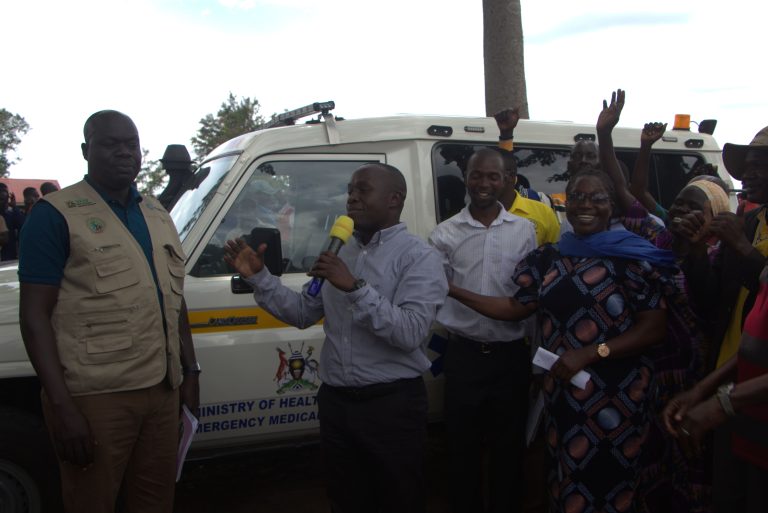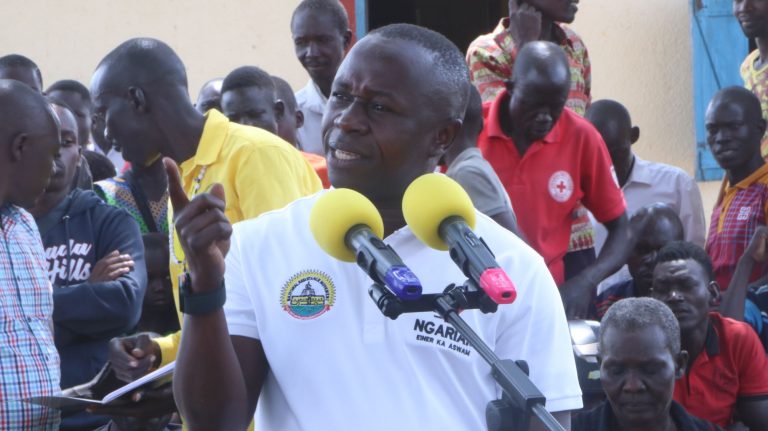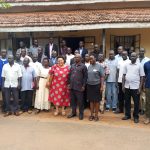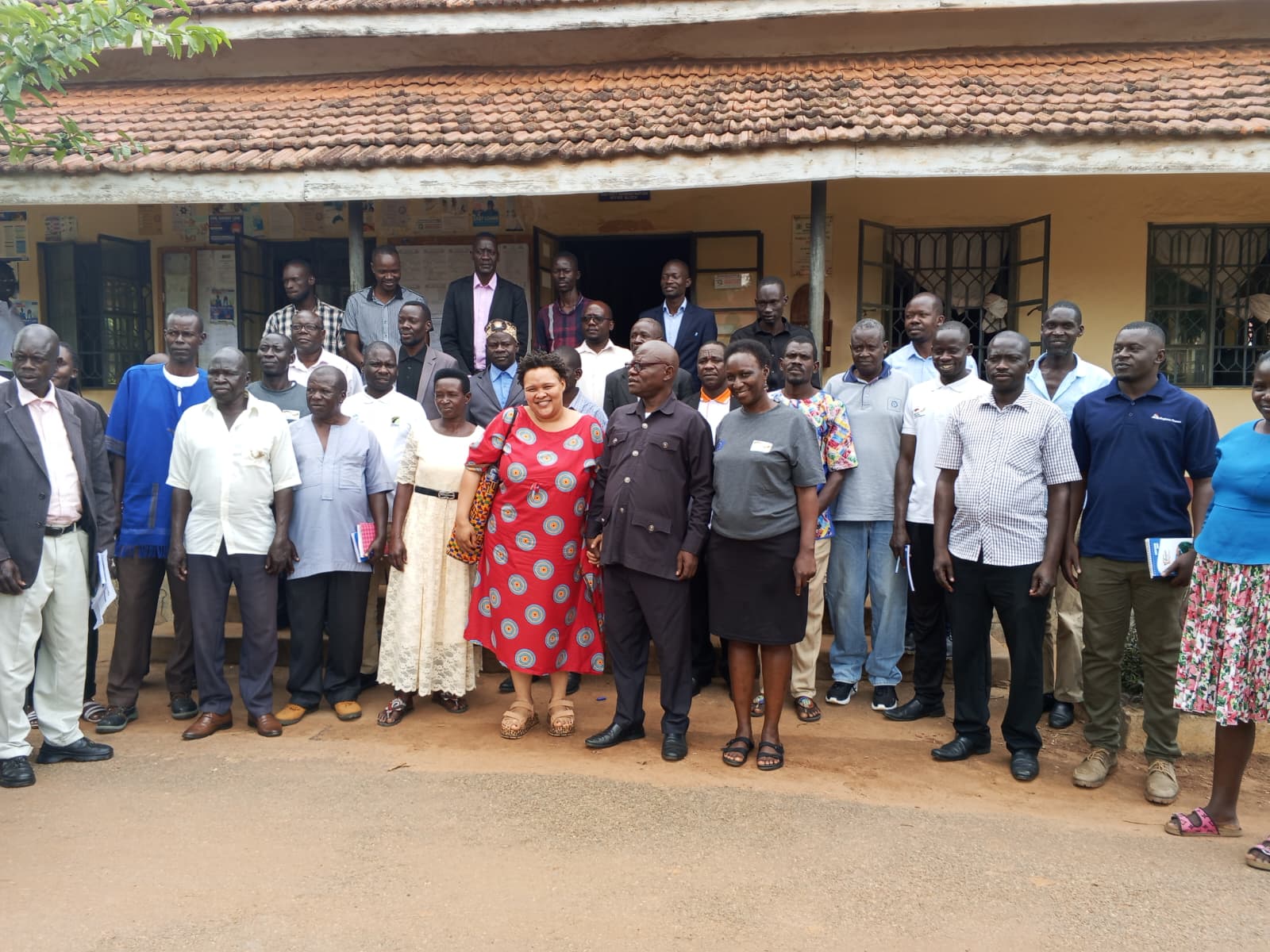
October 3, 2025 | 6 views
The debate over whether customary land in Teso and Lango sub-regions should be used as collateral for bank loans has resurfaced, following the release of a landmark survey by the Land and Equity Movement in Uganda (LEMU) and partners.
The findings, presented during a Regional Multi-Stakeholder Dialogue in Soroti District, revealed that while more than 8,000 Certificates of Customary Ownership (CCOs) and Land Inventory Protocols (LIPs) have been issued in the region, families and clans remain deeply divided on using such land to secure credit.
According to LEMU’s Executive Director, Dr. Theresa Auma, the survey confirmed that land is regarded as a shared heritage rather than an individual asset. This cultural outlook makes it difficult for families to consent to pledging land for loans.
“Our findings show that consent from families and clans is not a mere formality, but a safeguard deeply rooted in tradition. Most families simply do not agree to risk their land for loans,” Dr. Auma explained.
Barriers to Using Customary Titles for Loans
The report highlighted several reasons why uptake of CCOs and LIPs for credit remains low. Communities mainly view land registration as a way to secure tenure and reduce disputes, not as a pathway to credit. Other barriers included low demand for formal loans, lack of awareness, distrust of banks, delays in processing documents, cultural prohibitions, and fears of loan default in case of crop failures. Many households instead preferred Village Savings and Loan Associations (VSLAs) as a more flexible alternative.
Financial institutions also expressed reservations, citing lack of regulatory clarity from the Bank of Uganda (BoU) and Uganda Microfinance Regulatory Authority (UMRA), complexity of family and clan consent, frequent disputes, and multiple land ownership as major challenges.
Community Voices
Local leaders and civil society echoed the need for caution. Soroti Resident District Commissioner(RDC) Hajji Imran Muluga described land as “gold,” urging communities to use it productively but wisely. District officials warned that reckless pledging of land could result in loss of ancestral property, while cultural leaders emphasized the importance of clan involvement to protect heritage.
Lawyer Elasu Edmond stressed that consent must be clearly understood to protect vulnerable families, while several leaders called for gender-inclusive approaches since women remain sidelined in land decisions despite their key role in agriculture.
Customary land accounts for over 70% of Uganda’s land tenure, with Teso and Lango deeply rooted in ancestral heritage. While documentation through CCOs and LIPs has improved tenure security, their use as collateral for credit remains controversial. Without regulatory clarity, financial literacy, and community trust, experts warn that the debate will persist.
As RDC Muluga reminded participants: “Land is gold. But gold can either enrich you or ruin you, depending on how you use it. Let us use it wisely.”
Related News
Advertisements
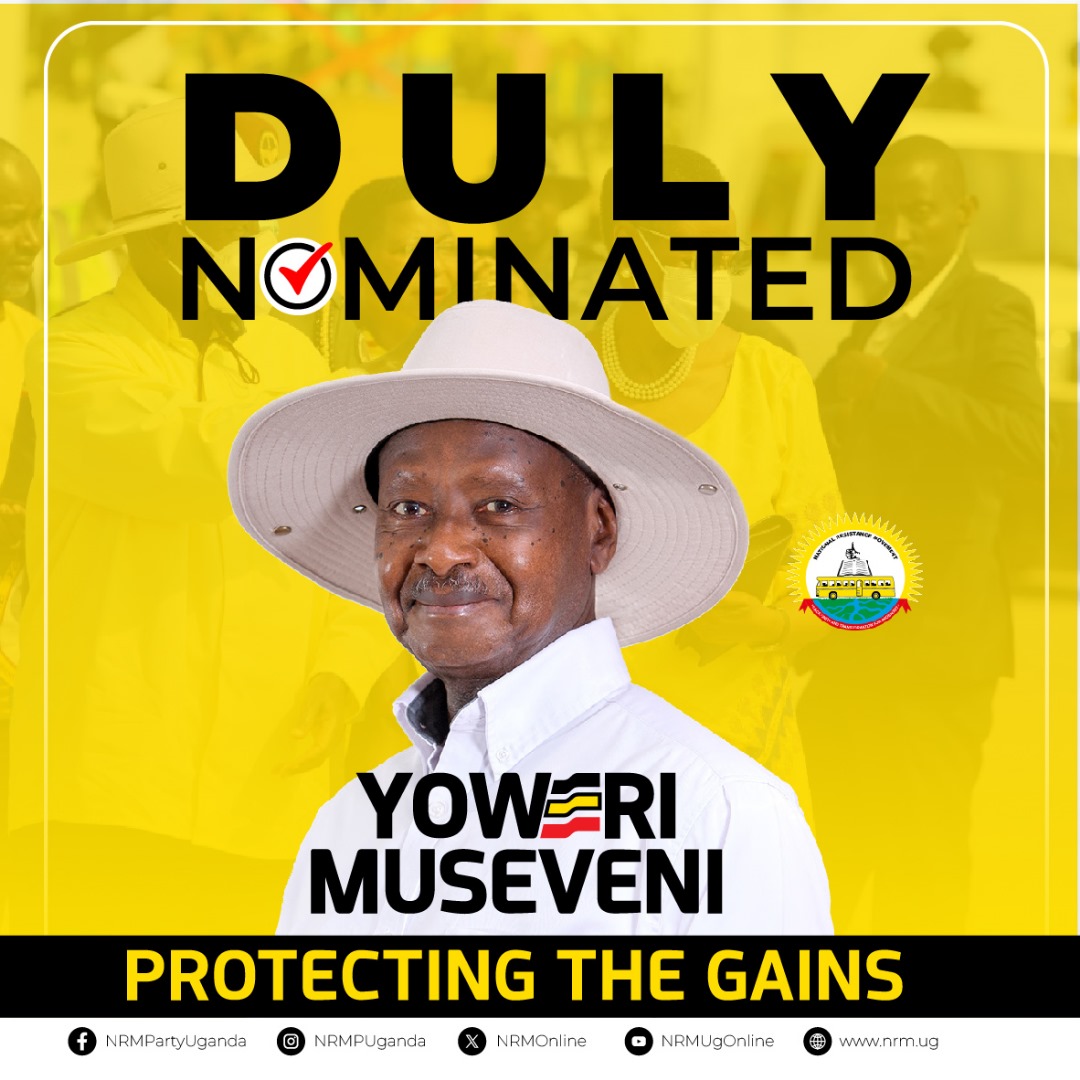
Advertisements

Latest Stories
Advertisements
